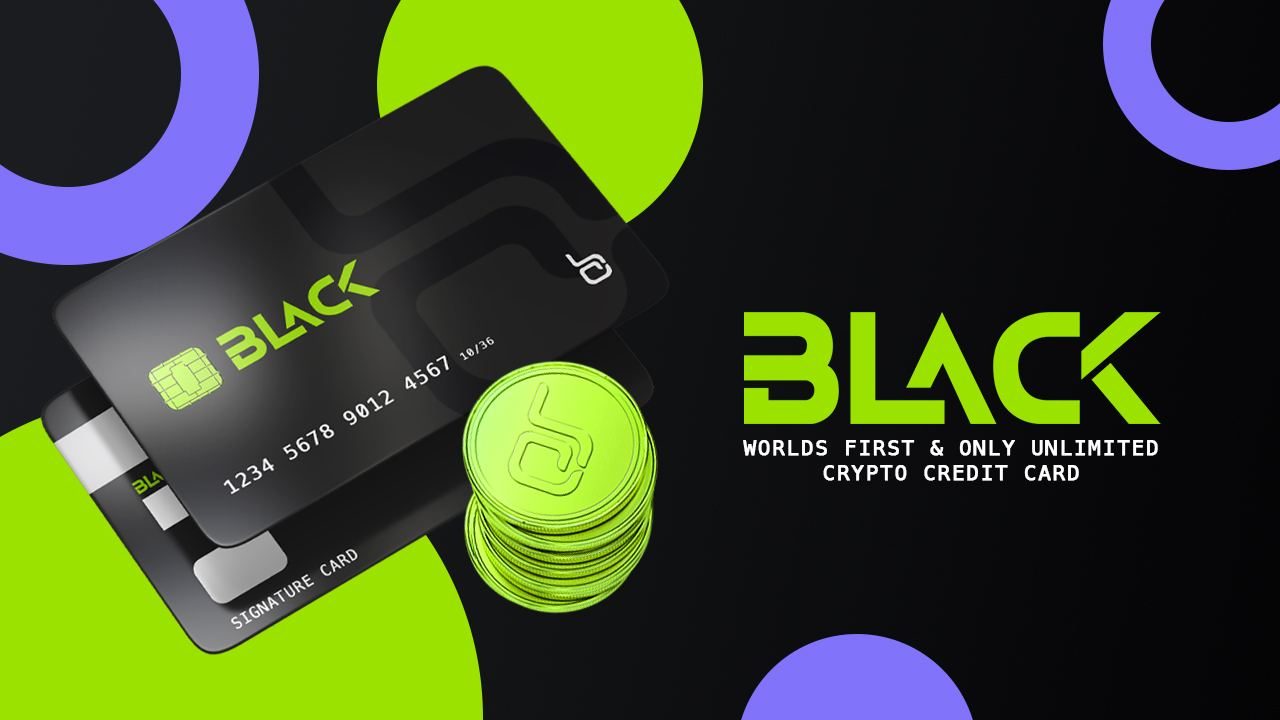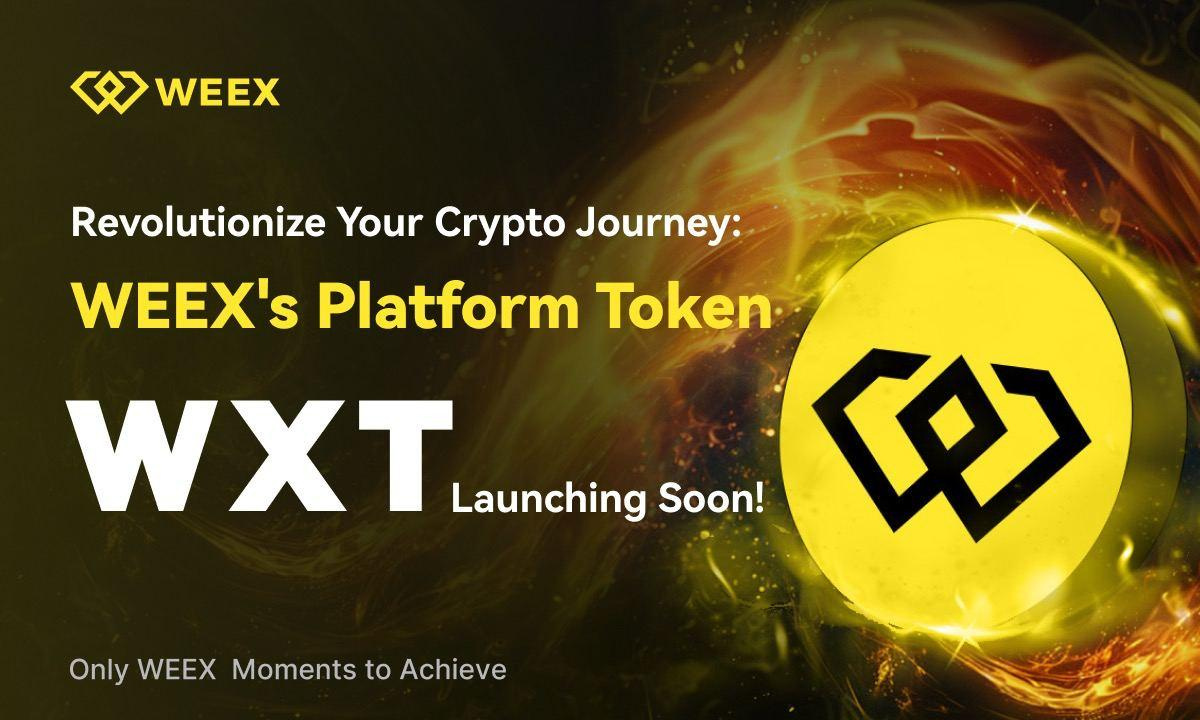Why Bank of England Dismisses Using Digital Pound Like Cash?

Why Bank of England dismisses using digital pound like cash?
The leadership of the Bank of England (BoE) has voiced skepticism that the digital pound would function like cash as the cryptocurrency and other markets in the United Kingdom wait for the country’s financial authorities to decide whether to introduce it.
Indeed, according to Bloomberg’s Reed Landberg on July 6, the Deputy Governor of the BoE, Jon Cunliffe, “any CBDC offered by his organization would probably be managed through some sort of account instead of functioning like banknotes.”
Cunliffe, who is in charge of the BoE’s efforts to launch the nation’s CBDC, indicated during a panel discussion in London on July 6 that officials were looking for methods to make the digital pound perform better for clients in online transactions.
He argues that the new form of money won’t likely be utilized as a “bearer” instrument like banknotes since they also need to address worries that a CBDC may be employed in illegal activities and money-laundering schemes.
“I think it’s very unlikely that any of us would issue a retail CBDC as a bearer instrument. (…) It would probably be some form of account-based instrument,” he said.
As cash usage drops in Europe and the US and more transactions are taking place online and with credit cards, the BoE is looking at methods to adapt the pound to these new developments.

Cunliffe described the procedure in detail, stating that the private sector would be in charge of linking the currency with consumers while his central bank would supply the mechanism for currency transactions.
“We will produce the asset and the rails, but the interface with the public would actually be done by private-sector payment providers.”
“It could be banks that will have the customer accounts payable to integrate money into their digital applications. (…) There are other models. One model is we allow the private sector to do the tokenization, to provide their own money that we back one-for-one with central bank money,” he added.
Cunliffe came to the final conclusion that the BoE will base its final judgment on what is the most secure and efficient. According to the article, a consultation paper on the potential design of a retail CBDC is anticipated towards the end of the year.
DISCLAIMER: The Information on this website is provided as general market commentary and does not constitute investment advice. We encourage you to do your own research before investing.
Join CoinCu Telegram to keep track of news: https://t.me/coincunews
Follow CoinCu Youtube Channel | Follow CoinCu Facebook page
Hazel
CoinCu News
digital pound digital pound digital pound



















